Speakers
- Jane Elith
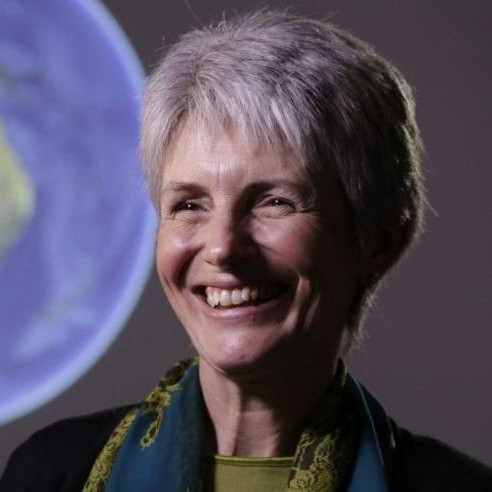
School of BioSciences
Jane Elith is a biodiversity modeller and sits within CEBRA and QAEco. She likes working with statistical models and data, and has mostly focussed on species distribution models, with particular interest in understanding how models work and in finding technical solutions to improve their performance in particular applications.
- Yoshihisa Kashima

Melbourne School of Psychological Sciences
Yoshi Kashima is a social psychologist, who works in the area of cultural evolution. He studies micro-macro cultural dynamics — how culture is formed, maintained, and transformed — using a variety of research tools including experimentation, surveys, archival research, and computational modelling. His current substantive interest focuses on sustainability and intra and intergroup processes in the evolution of cooperation and morality.
- Jenny Lewis
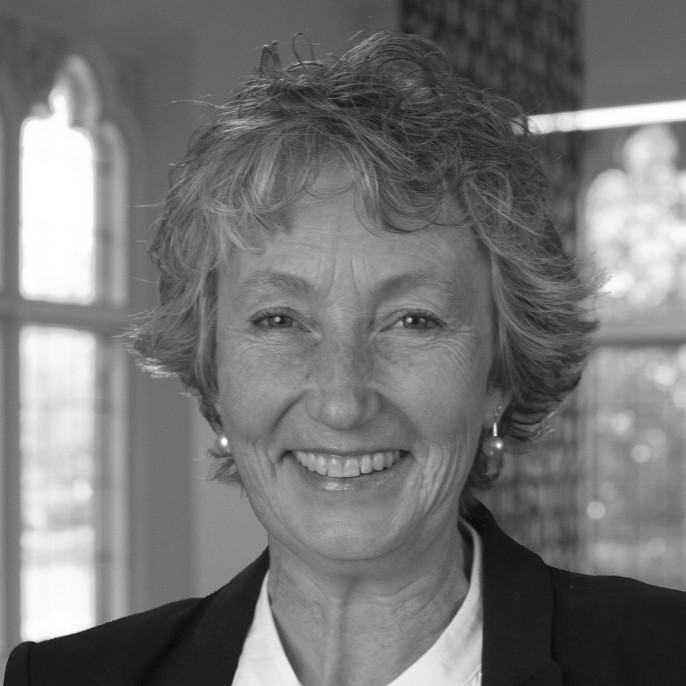
School of Social and Political Sciences
Jenny M Lewis is Professor of Public Policy and an ARC Future Fellow. She has published widely on policy influence, governance and the policy process, and is the Director of The Policy Lab. Her research interests include policy expertise, policy change, and accountability, and she is interested in the application of sophisticated quantitative methods and models to understanding public policy.
- Enes Makalic
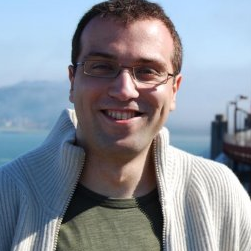
Melbourne School of Population and Global Health
Enes Makalic leads the High Dimensional Analytics Unit in the Centre for Epidemiology and Biostatistics. His research interests include developing novel algorithms for analysing genome-wide association studies (GWAS) data to identify genetic causes of cancer, and for predicting breast cancer risk from digital presentation mammograms.
- Steven Manos

Research Platforms
Steven Manos is the Principal Advisor, Research Computation Strategy in Chancellery research. His interests lie in building IT infrastructure and services designed specifically for researchers, which requires a detailed understanding of research practices, research culture and information technology. His aim is to develop structures, funding and initiatives for connecting students and academics to the right expertise and the right digital infrastructure.
- Scott McQuire

School of Culture and Communication
Scott McQuire undertakes interdisciplinary research linking the fields of digital media, contemporary art, urbanism, and social theory. Scott is a founding member of the Research Unit for Public Cultures, sits on the Executive Committee of the Melbourne Networked Society Institute, and is a member of the advisory board of the Microsoft Centre for Social NUI.
- Peter Neish
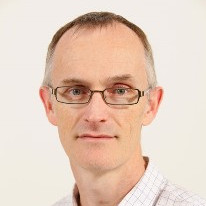
Digital Scholarship
Peter Neish is a Research Data Curator and works with researchers on a wide range of research data management projects. His activities include research data curation, data forensics, digitisation, providing training in research data management, and building data capabilities at the University of Melbourne.
- Karin Verspoor
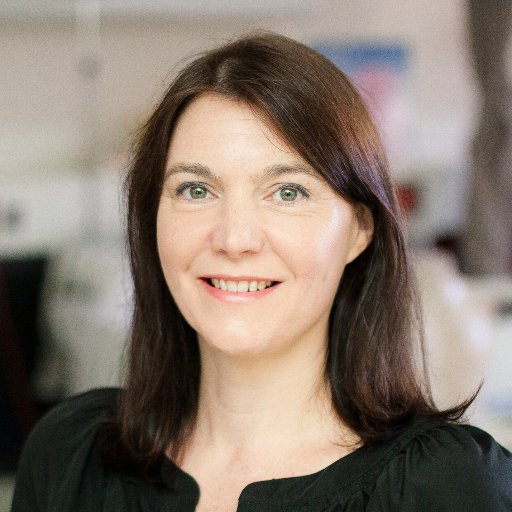
Computing and Information Systems
Karin Verspoor is the Deputy Director of the Health and Biomedical Informatics Centre. Her research focuses on using computational techniques such as text mining and knowledge integration to improve the interpretation of biological and clinical data, with a particular focus on unstructured text data.
- Rachel Webster
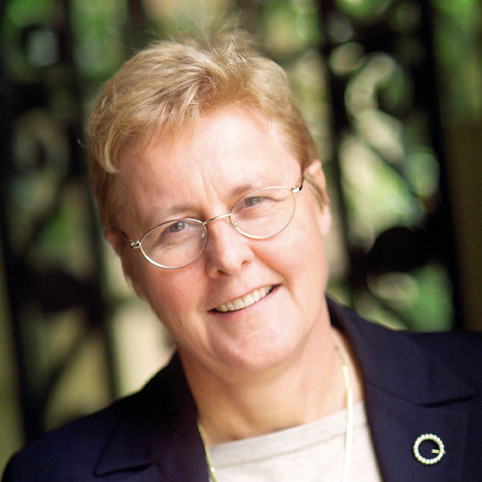
School of Physics
Rachel Webster was the inaugural AIP Woman in Physics Lecturer and leads the Astrophysics research group. Her interests span both observational and theoretical research, including structural analysis of neutral hydrogen clouds, quasar emission regions, gravitational lensing, cosmology, and the physics of geothermal energy.
- Stephan Winter

Department of Infrastructure Engineering
Stephan Winter is Discipline Leader, Geomatics, and Professor in Spatial Information Science. He coordinates the spatial@melbourne platform and is a Fellow of the MNSI. Stephan Winter specialises in human spatial cognition and communication, with a vision of developing intelligent spatial machines especially in the context of navigation, intelligent transport, and smart environments.